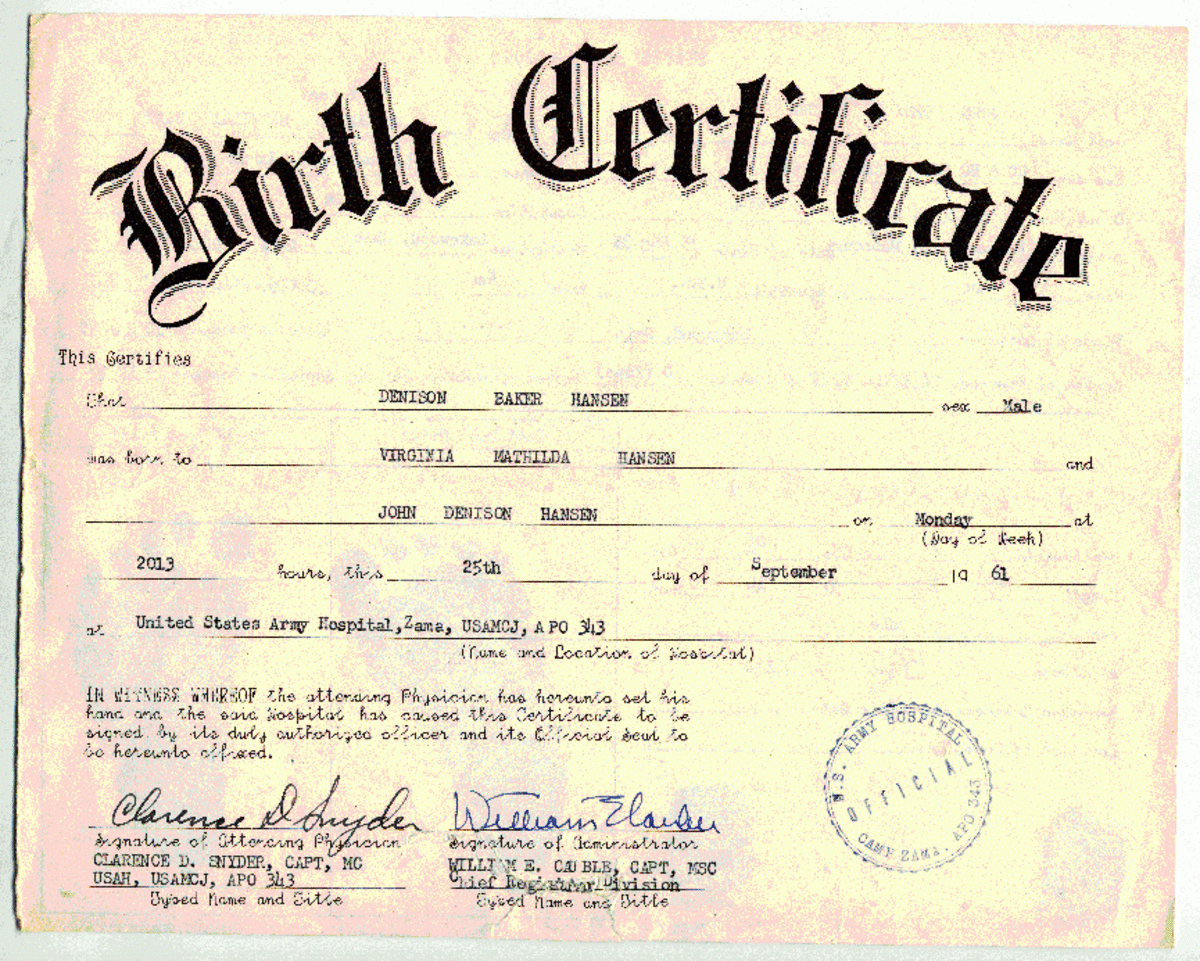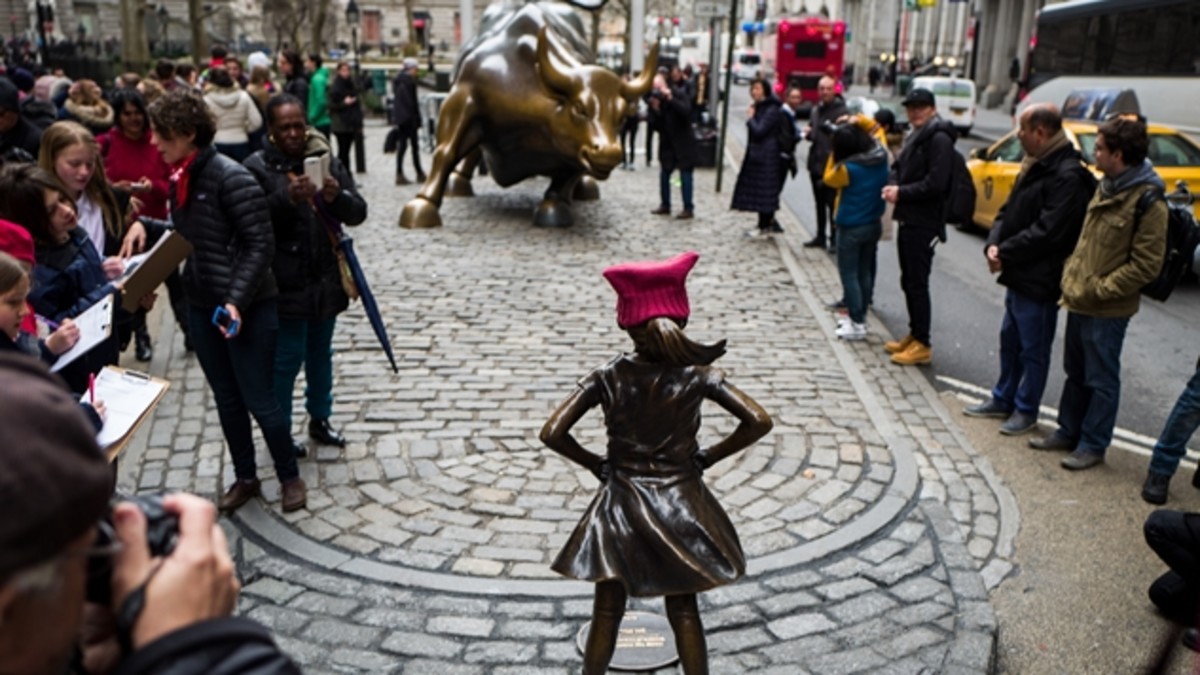Capitalism Is Becoming More Inclusive

Today there are hints that Business (a shorthand term for Adam Smith’s “Market”, a term he seems to use for what we would now call Industry and Commerce) is acting like a bull that has realised it is in a china shop and that defecating on the floor – by externalising costs – then rampaging around destroying communities and the environment could have fatal consequences.
Capitalism and Corporations
Capitalism has been tied to the corporation, with a brief break after the South Sea Bubble, since Britain’s second industrial revolution in the 18th century, when Industrialism (Industrial Capitalism) displaced earlier forms of capitalism. Later the invention of telephone and telegraph enabled the multinational corporation and replacement of Industrialism with Corporatism.
The increasing gap between workers and management, who might be in separate countries, led to commoditisation of labour and many of the evils currently attributed to “Capitalism”.
The problems caused by business seem to be a result of the behaviour of corporations in support of the Maslowian goals of profit and market share together with the doctrine of shareholder value.
Today we are faced with the realisation that shareholder value will be meaningless in the face of environmental catastrophe and that the bread of welfare and the circuses of reality TV will not be enough to prevent the plebs rising up and tearing the heads off the aristocrats as they did in the French and Russian revolutions: not only the game will be up, but the board and pieces will be destroyed.
Shareholder Value Is No Longer Sacred Writ
Since the mid 1950s markets have emerged that corporations can control and since the 1970s the idea of shareholder value has been dominant. In this period corporations, in various guises, have ceased to be the purveyors of education, civic administration, public works, philanthropy, and spiritual enlightenment that they had been since Roman times.
The threat of civil unrest from impoverished and alienated workers was present from the Luddite revolts onwards and peaked in the Great Unrest of 1914. This threat has been reduced by welfare, a government subsidy to employers that frees companies from paying a living wage.
Populism, environmentalism and the desire of most workers for employment that has a purpose beyond money are threatening business in different ways. The 40 year old idea that a business’s sole obligation is to its shareholders is being challenged.
Hope For the Future
The United Kingdom suffers from an extreme form of capitalism, even more extreme than in the United States and is still adhering to neoliberalism and austerity politics despite the fact these doctrines have been abandoned in most other countries. But hope lies in the British habit of aping America.
Recently over 180 American CEOs in the American Business Roundtable of top chief executives signed a document committing them to running their corporations to benefit all stakeholders: customers, employees, suppliers, communities and shareholders. This does not mean shareholder power is not dead. It means shareholders are no longer the absolute, if largely absent, monarchs of the corporation, but partners, along with other stakeholders. Keeping shareholders happy will be important and managers will have to balance the interest of one group pf stakeholders against another. Actions that disadvantage employees may be needed to prevent a firm being taken over by another that believes in running the enterprise only for shareholders and managers, just as London Transport in the UK was run to benefit workers and management, but not customers, till the 1980s.
Business, in brief, is beginning to realise that it is part of society and of the environment and needs to cooperate with the public, Government and other institutions as stakeholders in society. As a result it is moving towards the Maslowian goal of self realisation.
Business also seems to be reverting, slowly, to a pre neoliberal, even pre industrial ethic where the employers, and more generally the rich, had a duty towards the rest of society.
The declaration by the American Business Roundtable of top chief executives distances it from the creed of shareholder value. It is a tentative step and needs cultural change and buy in by all stakeholders.







